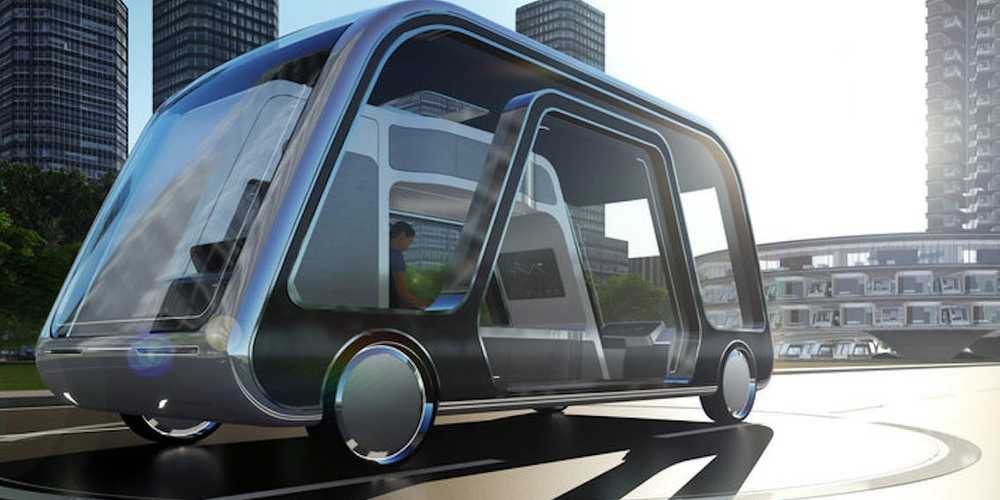This is the best microscopic footage from Nikon’s 2019 ‘Small World in Motion’ competition.
Get the latest international news and world events from around the world.

You can preorder this flyer right now
Kitty Hawk says you can learn to fly this in 20 minutes.
A near indestructible gel made of mostly air
99.8% air and as strong as steel! 💪.
AI creates ‘Flintstones’ cartoons from text descriptions
AI is creating new ‘Flintstones’ scenes using just a simple text description.
Honda walking device
Life changing!
ESA’s CHEOPS Just Launched. We’re About to Learn a LOT More About Exoplanets
The CHEOPS mission is underway. On December 18th, the exoplanet-studying spacecraft launched from Europe’s Spaceport in Kourou, French Guiana aboard a Soyuz-Fregat rocket. Initial signals from CHEOPS show that the launch was a success.
CHEOPS stands for the Characterizing Exoplanet Satellite. It’s a partnership between ESA and Switzerland, with 10 other EU states contributing. Its mission is not to find more exoplanets, but to study the ones we already know of.
It’ll watch as these exoplanets transit in front of the star, the same way we’ve found most of the exoplanets we’ve discovered to date. But CHEOPS will be focusing on the dips in starlight with a specific intent: to find the planets’ size.
